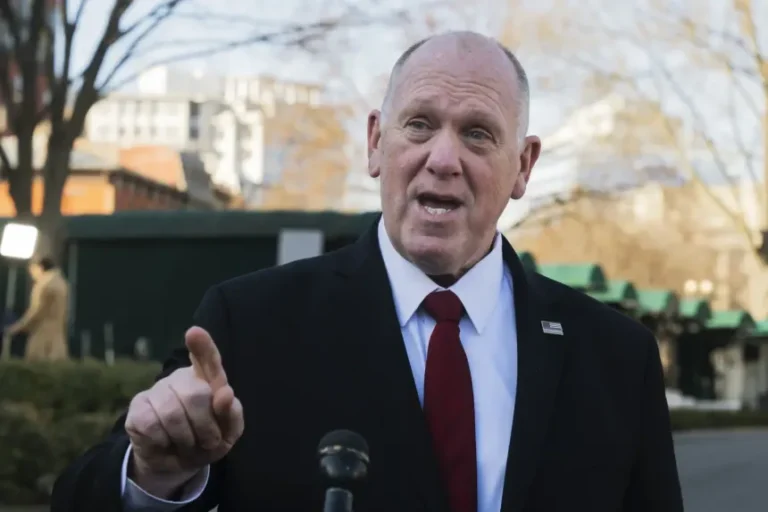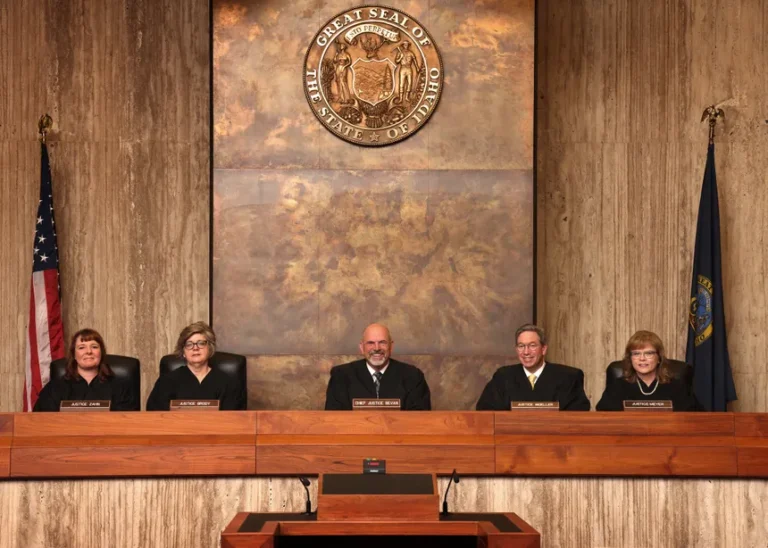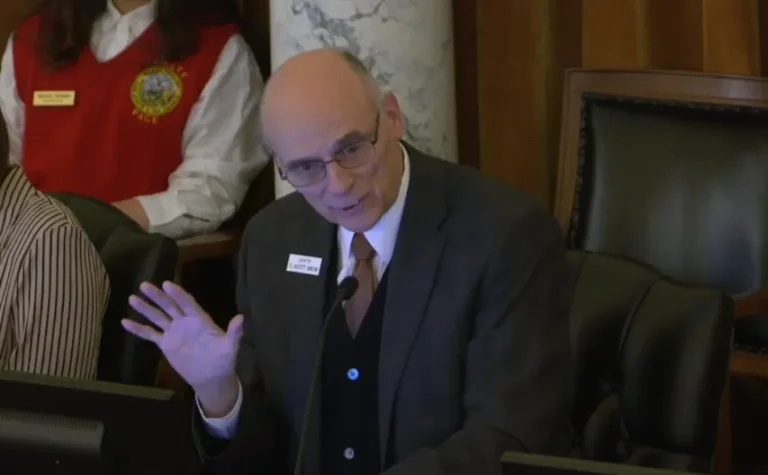
In this photo provided by El Salvador's presidential press office, a prison guard transfers deportees from the U.S., alleged to be Venezuelan gang members, to the Terrorism Confinement Center in Tecoluca, El Salvador, Sunday, March 16, 2025. (El Salvador presidential press office via AP)
High Court Grants Injunction to Prevent Immediate Deportations
The U.S. Supreme Court has issued a preliminary injunction that halts deportations of several Venezuelan nationals detained in northern Texas under the Alien Enemies Act. The decision temporarily blocks the federal government from removing the individuals while legal questions surrounding their cases are resolved.
The justices ruled that immigration authorities failed to give detainees adequate time to challenge their removal, raising concerns about potential violations of due process.
Background on the Alien Enemies Act and Legal Challenge
The Alien Enemies Act, a law dating back to the 18th century, was invoked by President Donald Trump to expedite deportations of individuals deemed national security threats. The law allows for the swift removal of non-citizens during times of conflict.
In this case, the detainees had sought an injunction from a federal district court, but the court did not act for over 14 hours. This delay, the Supreme Court noted, effectively denied them a chance to seek relief before being deported. The Fifth Circuit Court of Appeals previously declined to intervene, stating it lacked jurisdiction.
The Supreme Court disagreed, vacating the Fifth Circuit’s ruling. In its unsigned opinion, the Court emphasized that individuals must be given a meaningful opportunity to be heard before being removed from the country.
Justices Divided on Timing of Intervention
Justices Samuel Alito and Clarence Thomas dissented, arguing the Court should not have intervened at this stage and that lower courts should have continued handling the matter.
Despite the pause on deportations under the Alien Enemies Act, the ruling allows the federal government to proceed with removals under other lawful authorities.
Trump Responds to Ruling
President Trump criticized the Court’s decision on social media, suggesting it undermines efforts to deport individuals he characterized as dangerous. He expressed support for the dissenting justices and voiced frustration with the legal hurdles associated with immigration enforcement.
Focus on Due Process in Immigration Proceedings
Friday’s ruling underscores the Supreme Court’s attention to legal safeguards in expedited deportation cases. The Court cited concerns that rapid removals—especially without proper notice—could violate constitutional protections.
One reference made in the ruling involved Kilmar Abrego Garcia, a man previously deported to El Salvador despite a court order forbidding his removal to that country. The Court suggested that such incidents highlight the importance of judicial oversight in deportation processes.
What Comes Next
The injunction allows lower courts to determine how much advance notice should be given before removal under the Alien Enemies Act. The Supreme Court clarified that it was not addressing the legality of the Act’s invocation itself, but rather the procedural rights of those detained.





